SUMMARY
This is AI generated summarization, which may have errors. For context, always refer to the full article.
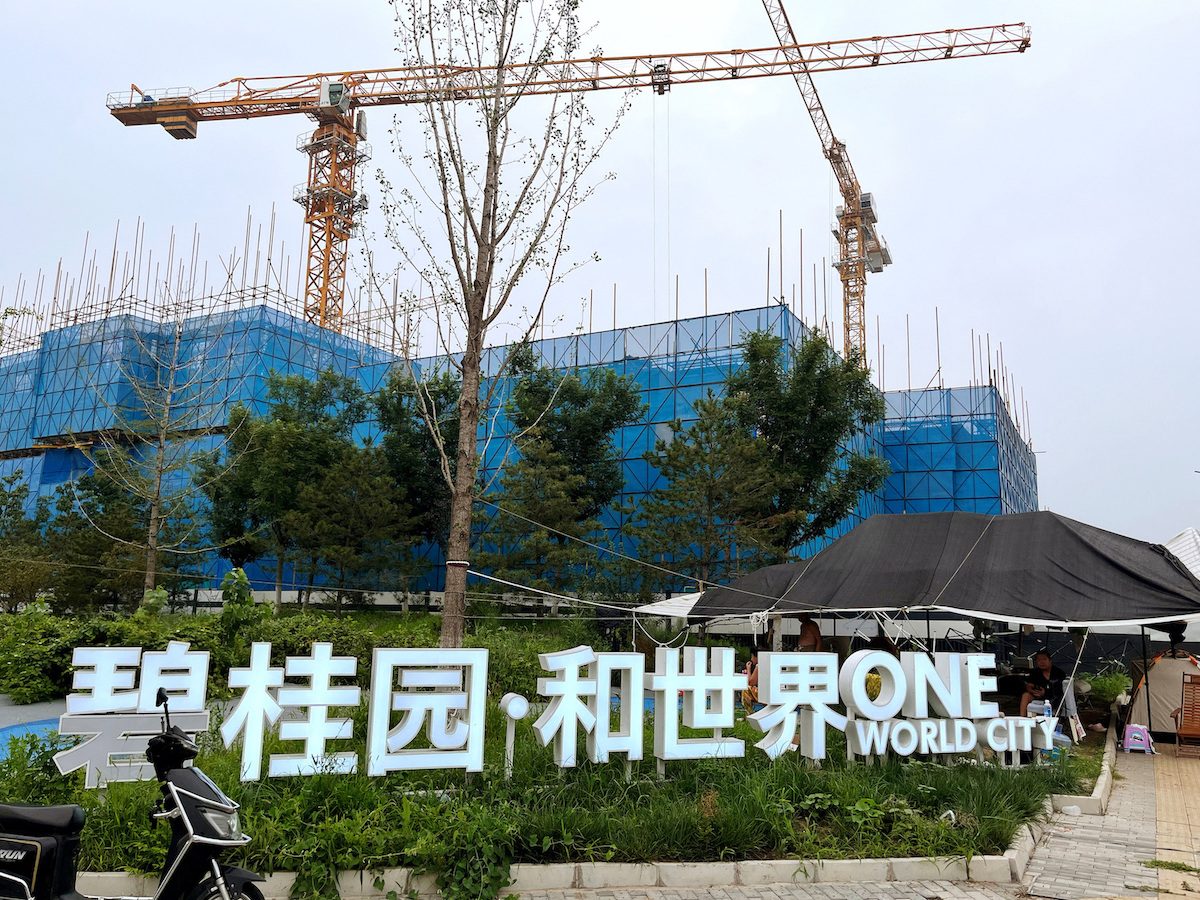
Missed payments on investment products by a leading Chinese trust firm and a fall in home prices have added to worries that China’s deepening property sector crisis is stifling what little momentum the economy has left.
Zhongrong International Trust Company, which traditionally had sizable real estate exposure, has missed payments on dozens of investment products since late last month, a senior official told angry investors.
China’s $3-trillion shadow banking sector is roughly the size of Britain’s economy, and concerns about its outsized exposure to property and risks to the wider economy have grown over the past year.
A string of defaults in the shadow banking sector could have a wide-ranging chilling effect as many individual investors are exposed to the high-yielding trust products. Missed payments could weigh on already fragile consumer confidence in the absence of stronger support measures from Beijing.
Barclays was among a number of global banks to cut its forecasts for China’s 2023 growth after weak data on Tuesday, August 15, citing a faster-than-expected deterioration in the housing market. It lowered its growth forecast to 4.5% from 4.9%.
The central bank’s surprise interest rate cuts on the same day will not be enough to arrest the economy’s downward spiral, several analysts said.
Some economists say many consumers and small businesses may already feel economic pain as deep as during a recession, given youth unemployment at record rates above 21% and deflationary price pressures squeezing companies’ profit margins. New bank loans fell to a 14-year low in July.
So far, China has largely managed to avoid a spillover of a debt squeeze in the property sector to the country’s $57-trillion financial industry despite a rising number of developers defaulting on repayment obligations.
Even after widespread reforms over the past decades, Beijing retains a strong grip over the banking sector and domestic financial markets. But news of fresh defaults has triggered contagion fears.
Falling home prices
Adding to the gloom, China’s new home prices fell in July for the first time this year, the latest in a string of downbeat data that underlines the urgency for bolder policy support.
Prices fell 0.2% month-on-month on a nationwide basis and 0.1% year-on-year, according to Reuters calculations based on National Bureau of Statistics (NBS) data.
But the picture is far worse outside of the country’s megacities like Shanghai and Beijing. Average new home prices in the 35 smallest cities surveyed by NBS fell for the 17th straight month in June on a year-on-year basis.
The worsening debt crisis at major developers including Country Garden, the country’s No. 1 private developer, has scared away many home buyers, with property investment, home sales, and new construction contracting for more than a year.
Country Garden promised “five-star living” to the masses in less popular, smaller cities but focusing on those areas has come back to haunt it. Its plight has raised fears that its debt problems will ripple through the stalling economy.
Given the property market has traditionally accounted for about a quarter of China’s economy, some analysts say the slump, combined with the shock from three years of strict COVID measures, has had an unprecedented impact on activity.
Most analysts expect further falls in home prices and sales over coming months.
Global stocks slipped on Wednesday, August 16, for the third time in four sessions as the disappointing Chinese data and the absence of meaningful stimulus from Beijing continued to weigh on investor sentiment.
More help needed
Tuesday’s grim data has raised calls from China watchers for authorities to roll out bolder support measures to get the economy back on more solid footing.
Trust firm Zhongrong’s missed payments have added urgency to those calls. Anxious Chinese retail investors are bombarding listed companies with questions about their exposure to Zhongrong.
“The good news is that regulatory vigilance means a rerun of the 2008 US crisis is unlikely,” Gavekal Dragonomics’ Xiaoxi Zhang wrote on Wednesday.
“The bad news is that debt strains from property developers and local-government financing vehicles are spreading across China’s economy.”
Easing measures
Highlighting the difficulties facing policymakers, China’s property sector continues to struggle despite an extension of financial support for developers and incentives for first-time home buyers and upgraders.
Last month, China’s top leaders in a Politburo meeting vowed to adjust property policies. The housing regulator has also urged efforts to prop up the sector such as lower home mortgage rates and down payment ratios for first-time home buyers and easing mortgage curbs for people who want to upgrade their homes.
Some cities including Zhengzhou have already relaxed a handful of property curbs. Provincial capitals like Xian and Fuzhou are considering reductions in down payment ratios for residents who buy second flats.
“We continue to expect more housing easing measures in coming months, including further reduction in down payment ratios and more relaxation of home purchase restrictions in large cities, among others,” economists at Goldman Sachs said in a note to clients.
However, most economists expect the property slump to drag on for some time.
“High-frequency data in early August does not suggest any meaningful improvement in the property market,” said Wang Tao, head of Asia economics and chief China economist at UBS Investment Bank.
“Without additional major policy easing and/or fiscal support, property sales and investment may weaken further or stay at the bottom for longer than assumed in our baseline,” said Wang. – Rappler.com
1 comment
How does this make you feel?




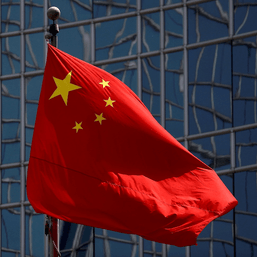
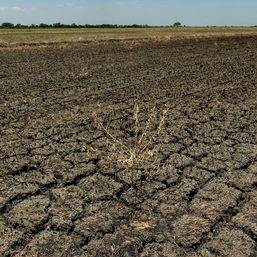
![[OPINION] A rebellion long overdue](https://www.rappler.com/tachyon/2024/06/mass-uprising-matrix-june-4-2024.jpg?resize=257%2C257&crop_strategy=attention)
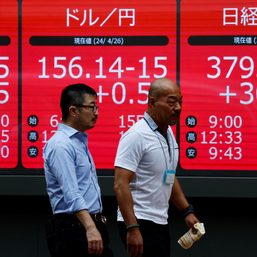
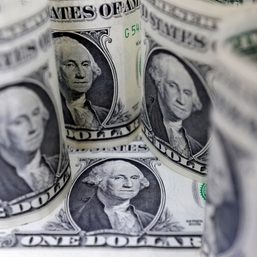





![[ANALYSIS] Not all REITs are created equal](https://www.rappler.com/tachyon/2024/06/tl-not-all-reits-are-created-equal-06012024.jpg?resize=257%2C257&crop=233px%2C0px%2C720px%2C720px)
Even though China is bullying our Country in general and the Marcos Administration in particular, let us hope that China’s property sector woes will not be greatly detrimental to its National Economy as a whole.
An economic crisis with many unemployed youth
may motivate the Chinese Communist Party leadership
to divert further and deeper the Chinese People’s
attention to the resources in the West Philippine Sea
and/or towards Taiwan. This could be a precursor to war.